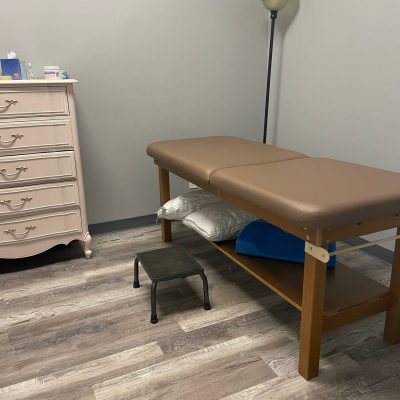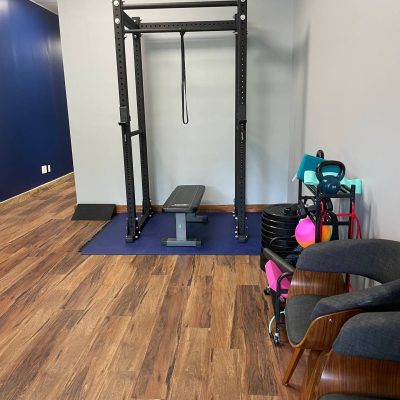Chronic constipation is common in children, however the signs and solutions are less commonly discussed. Parents can notice difficulty with bowel movements from initial potty training to developing later on with a life change such as starting school or getting a new sibling. However it begins, it is crucial to identify the signs of constipation and implement some strategies to get your little one back to regular bowel movements. Pelvic floor physical therapy can play an integral role in getting your child back on track!
There are typically some obvious signs that constipation is starting, but sometimes the signals aren’t so obvious. Here’s some things to look out for:
- Fewer than three bowel movements per week
- Pain during bowel movements
- Stool that is hard, flaky, or pebble-like
- Leakage or smearing of stool in underwear
- Abdominal pain
- Loss of appetite
- Urine leakage
Many parents fear that fecal leakage or smearing is a sign of diarrhea or inability to control bowel movements, however it is commonly associated with constipation! If the child has stool backed up in the descending colon, more liquid stool will pass around and cause fecal leakage or smearing. Urine leakage can also be a sign of constipation. The full rectum will put pressure on the bladder causing loss of urine with little to no warning. Parents usually miss this sign of constipation and mistake it for bladder accidents.
But what causes chronic constipation in kids? Several factors could be at play! Common problems come from dietary habits, medications, neurologic factors (sensory processing, nerve damage, etc), emotional stress, fear of having bowel movements, change in routine, and genetics. Most of these factors can be managed when and if the child or parent is aware of what is going on. That is where pelvic floor physical therapy can help!
Seeing a pelvic floor physical therapist can help in discussing diet, supplements, toileting habits and postures, and exercises to aid in solving your child’s constipation for good! Other interventions such as transabdominal neuromuscular electrical stimulation (NMES) are available to add to your child’s treatment plan if appropriate. Education for both the parent and child is key to understanding the pelvic floor and digestive system of your child. This is a non-surgical, non-invasive, and non-pharmacological approach to regulate bowel movements and empower you and your child to regain control.
If you feel your child may be struggling with chronic constipation or if you have seen any of these signs in your child, reach out to us today to learn how our specially trained pelvic floor physical therapist can help!
Dr. Erica Mitchell, Pelvic Floor Physical Therapist, has extensive training for the treatment of Pediatric and Adult Pelvic Floor Dysfunction. FInd her at Magic City Physical Therapy in Hoover, Alabama!







